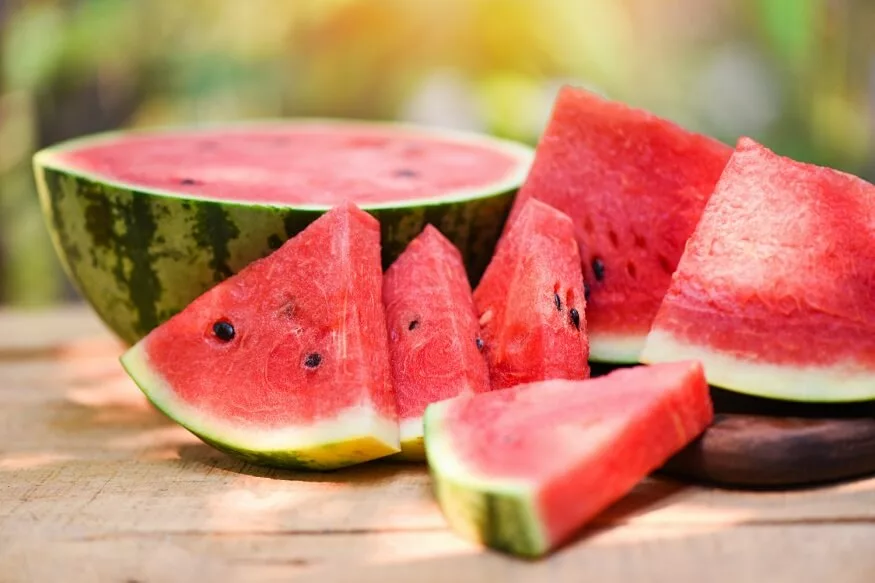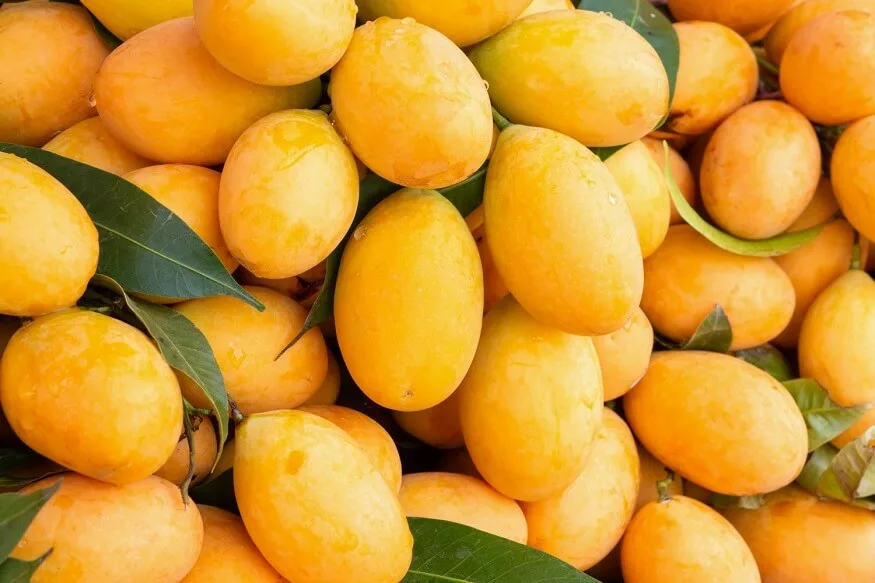Pineapples are tropical fruits known for their unique structure and sweetness. Pineapples are not just another tasty treat. This fruit is packed with vitamins, enzymes, and antioxidants. that can help a child’s digestion stay healthy. This blog delves into the benefits of pineapple for children’s digestion.
Enzyme Bromelain: A Digestive Stimulant
Bromelain is a key component in pineapples that helps with digestion. Sometimes, kids can feel uncomfortable with things like bloating, heartburn, or constipation because their digestion is still developing when they are young. Bromelain, found mostly in the stem and juice of pineapples, helps break down proteins into amino acids and peptide units, which makes digestion easier.
Bromelain is not naturally produced in the body; hence it is essential to obtain it externally through diet or supplementation. It is generally considered safe if consumed in appropriate quantities. Possible side effects may include allergic reactions, but they are exceptionally uncommon. It is always prudent to consult with a qualified healthcare provider before starting any new dietary supplement, including Bromelain, as individual needs and responses may vary.
Bromelain also promotes bowel mobility and reduces inflammation in the gastrointestinal tract, which helps ease digestion. Regularly consuming pineapple can, therefore, significantly improve a child’s digestion and decrease instances of discomfort associated with indigestion.
Also read : Protein-Rich foods for good health of children
Fibre: Gut Health Promoter
Pineapples are an excellent source of dietary fibre. This tropical fruit is especially beneficial for children, whose digestive systems are still maturing. For children, consuming adequate fibre can not only aid in digestion but also contribute to overall gut health.
Pineapples contain both soluble and insoluble fibre, which are essential for a healthy gut.
The insoluble fibre adds bulk to stool, preventing constipation and promoting regular bowel movements. The soluble fibre in pineapples draws water into the gut, softening stool, and making it easier to pass.
Fibre can also regulate the body’s use of sugars, thereby reducing hunger and potentially helping in weight management, despite not being directly related to digestion.
It is vital, however, to remember that fibre should be gradually introduced into a child’s diet, and sudden surges can cause discomfort. Parents and caregivers should also ensure they offer an age-appropriate serving. A 1-cup serving of pineapple contains approximately 2.2 grams of fibre.
Also read : Top 10 Vitamin D Rich Foods to Add to Your Kids Daily Diet
Hydration: Essential for Digestion
Pineapple is also high in water content, with about 86% of the fruit made up of water. Adequate hydration is crucial for ensuring smooth digestion as water helps dissolve fats and soluble fibre, aiding the body in processing food effectively. Thus, when children consume pineapple, the water content significantly aids their digestion process by preventing constipation and maintaining a healthy gut.
The water within pineapples influences the bromelain in pineapple to work more efficiently, significantly improving digestion in children.
The water in the pineapple supports the fibre content of the fruit, which is another key component aiding digestion. Dietary fibre absorbs water, helping to move food through the system easily. This prevents common digestive problems in children such as constipation and irregular bowel movements.
Apart from these, due to its high water and fibre content, pineapples can promote a feeling of fullness. This plays an essential role in controlling overeating among children, which can lead to weight gain and digestion-related issues.
Vitamin C: A Shield Against Illnesses
Vitamin C, also known as ascorbic acid, is an essential nutrient that functions as an antioxidant. It boosts immunity and is necessary for collagen production. It is commonly associated with citrus fruits like oranges and lemons. However, another excellent source of vitamin C is pineapple.
A cup of pineapple has about 79 milligrams of vitamin C, which is more than enough for kids aged 4-8 according to health experts.
The high vitamin C content in pineapples helps in
1) Production of collagen
Collagen is a special protein that forms the lining of the gut, and it helps stop problems like leaky gut syndrome. When undigested particles seep into the bloodstream, it can cause inflammation and tummy issues.
2) Absorbing iron from foods
Iron absorption is crucial for children, as iron supports growth and development and helps to make haemoglobin – the molecule in red blood cells that carries oxygen to the tissues and removes carbon dioxide. Proper iron absorption ensures that body cells get the required amount of oxygen, breaking down food particles, and helping in digestion.
3) Growth of good bacteria
Vitamin C helps good gut bacteria like Lactobacilli and Bifidobacteria grow. They make digestion better and help the body use nutrients from food.
Also read : What is the Difference Between Essential and Nonessential Nutrients
Incorporating Pineapple into children’s diet
1) Pineapple smoothie
A smoothie can provide a nourishing start to the day. Blend pineapple with yogurt, oats, honey, and milk to make a yummy and healthy breakfast.
2) After-school snacks
Choosing fruit-based snacks, like pineapple, instead of processed sugary snacks can encourage healthier eating habits in children. Juicy pineapple pieces can be simply skewered or paired with cheese, promoting a balance of sweet and savoury flavours.
3) Sauces
Blending pineapple into homemade sauces or salad dressings can enhance the taste and nutritional content of meals. Pineapple can be a wonderful addition to a BBQ sauce for grilling, or a tropical salad dressing, adding an appealing tanginess.
4) Baked goods
Incorporating pineapple into baking can create healthier dessert options. Pineapples can be used as a natural sweetener in Bannocks, muffins, or cookies, lowering the need for refined sugars.
Including pineapple in a balanced diet can significantly improve a child’s digestive health. Rich in essential nutrients and beneficial components like bromelain and fibre, this tropical fruit is a tasty, natural aid for healthy digestion in children. In tandem with other balanced diet components, their regular inclusion can help maintain a healthy digestive system in children.
Also read : Everything You Need to Know About Giving Your Child Non-Dairy Milk
Considerations
Pineapple is beneficial for digestion in children. However, it is crucial to be mindful of the amount consumed because its acid could cause stomach discomfort. If a child often has acid reflux or gastroesophageal reflux disease (GERD), it is better to consult a paediatrician or a nutritionist before making significant changes to a child’s diet.
At EuroSchool fruits such as pineapple are an integral part of our meal plans. We encourage students to eat pineapple as part of a balanced diet that will contribute to the overall health and dietary needs of students.











